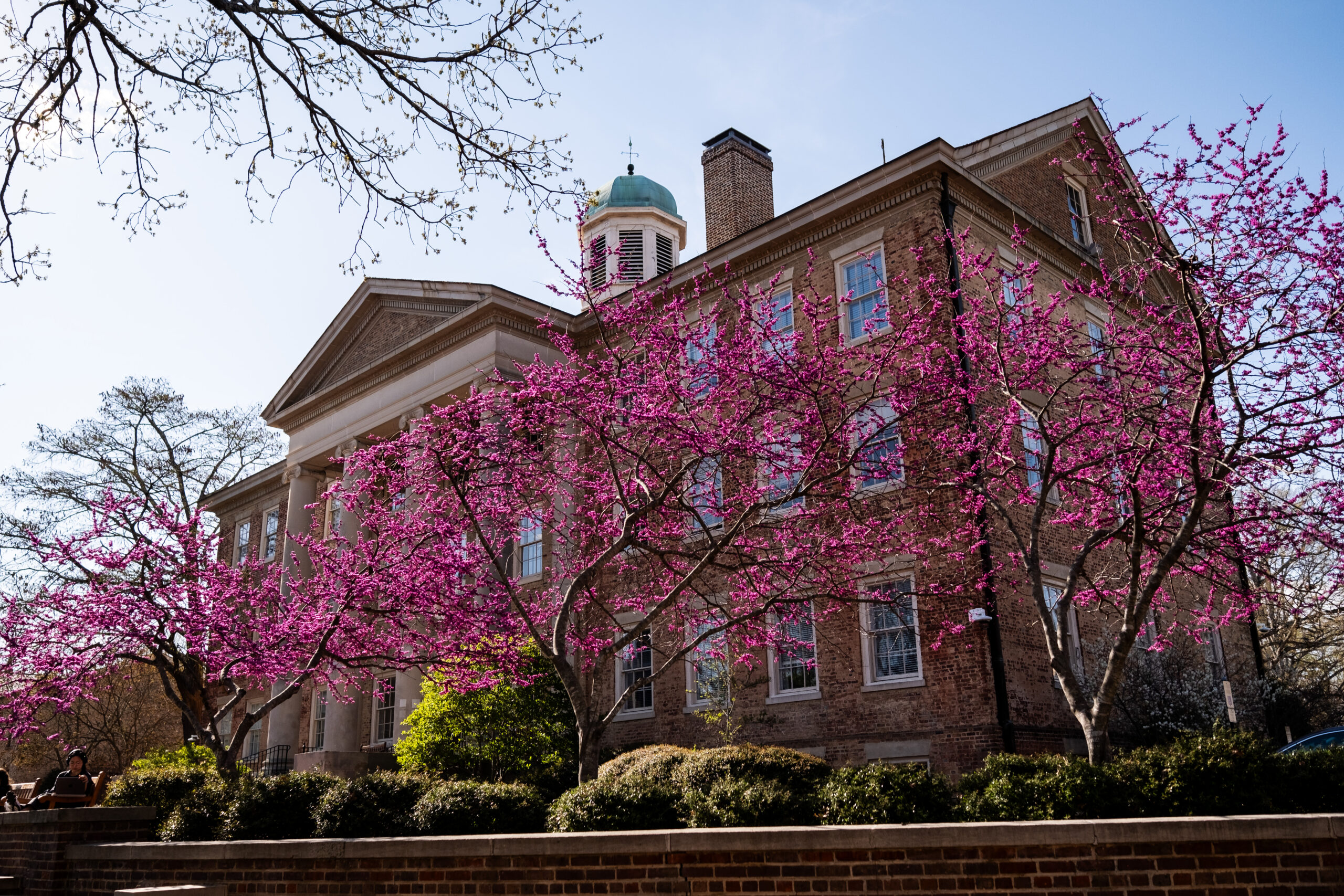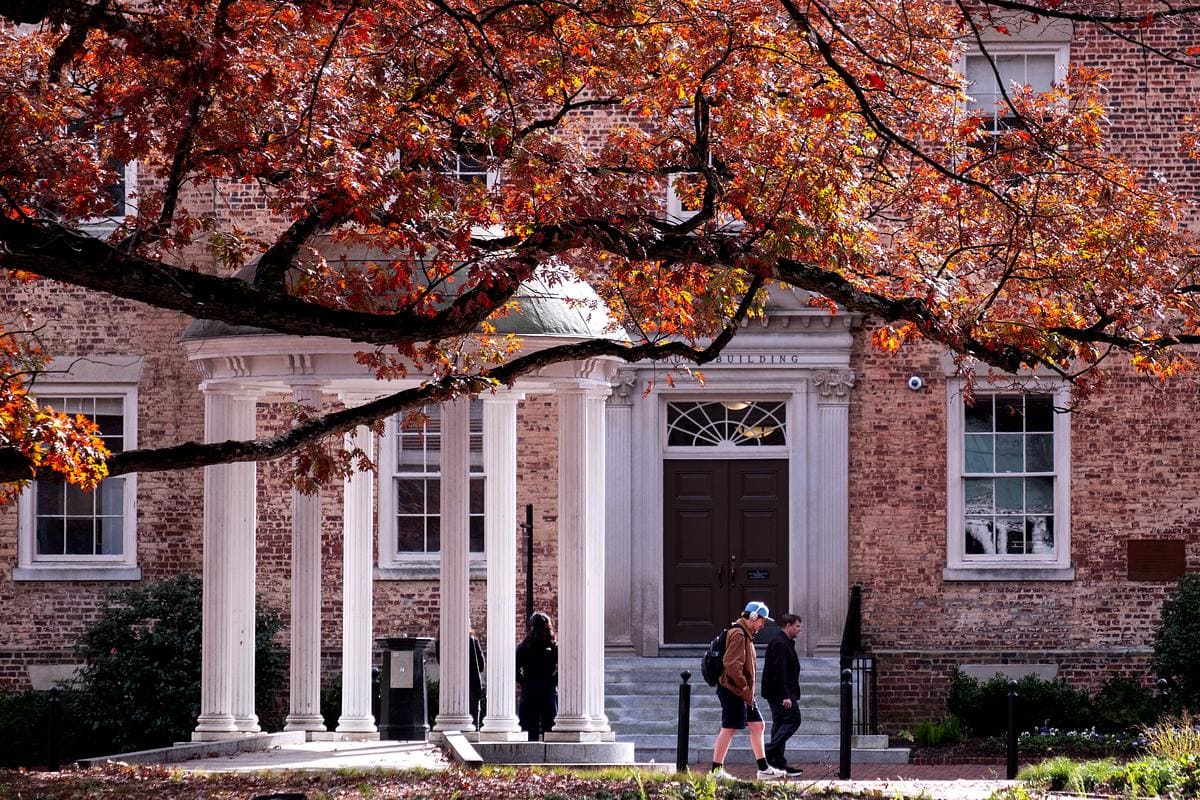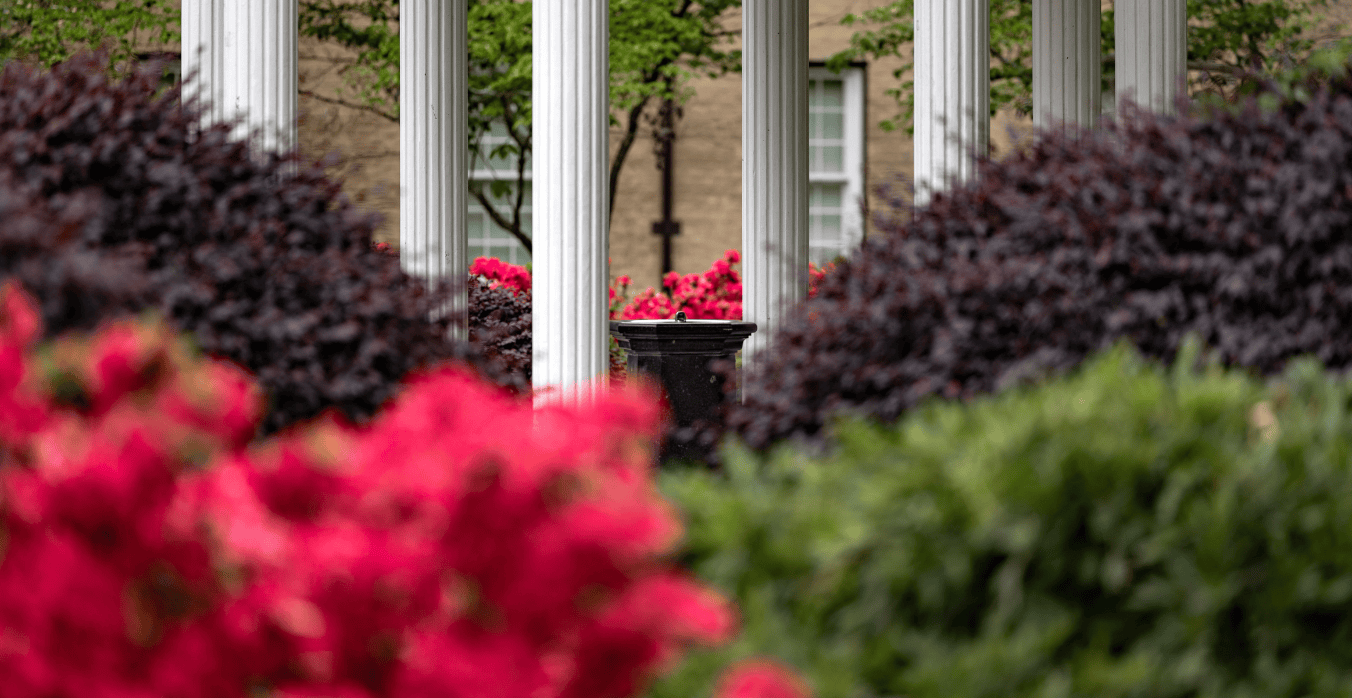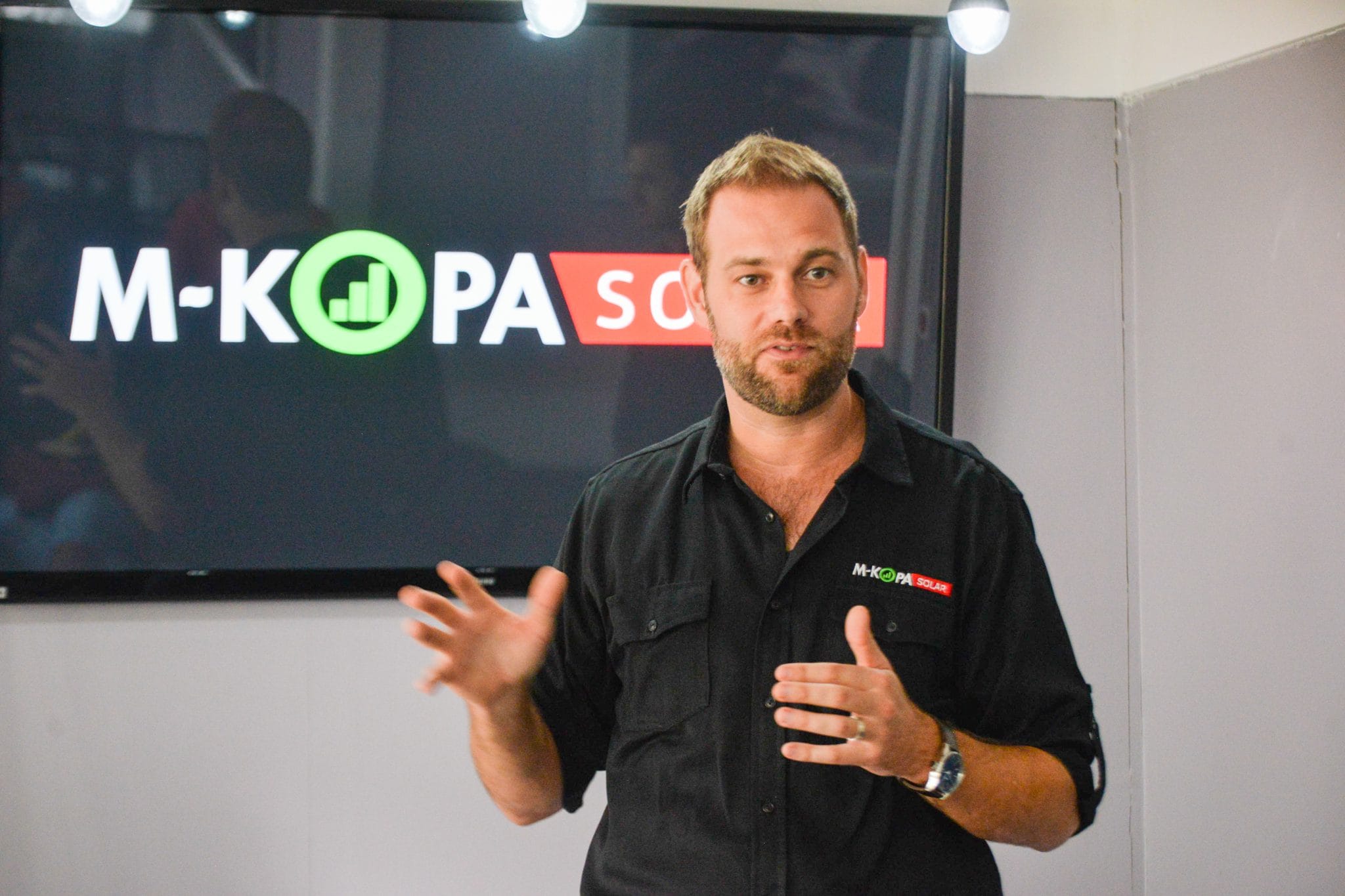
“The word ‘kopa’ means ‘to borrow’ in Swahili, and the letter M stands for mobile,” explains Jesse Moore ’01, co-founder and managing director of M-KOPA. “So, effectively, our brand name means ‘borrow solar through your mobile phone.’”
This is the key innovation behind M-KOPA, a seven-year-old solar company based in Nairobi, Kenya. Mobile payments make new opportunities accessible to millions of low-income people in developing countries. Compared to kerosene, long-term use of solar panels saves M-KOPA customers an average of $15.63 per month in energy expenses. For thirty-six percent of Kenyans, that represents about half a month’s salary. When Jesse and his co-founders combined those two technologies with a rent-to-own business model, they formed a company that is good for the environment, good for people, and financially profitable.
Jesse always knew he wanted to work in a career that would allow him to improve the lives of low-income people in developing countries. After attending business school as a Skoll Scholar at Oxford, he landed a job with Vodafone, a global telecommunications company that owns several brands in Africa and other emerging markets.
Mobile phone payment systems act as a substitute for debit or credit cards in what is otherwise a cash-only society. Digital payments through a mobile phone provide a “paper trail” of sorts that can help an individual build credit for bank loans later on. It’s also much safer than carrying around large amounts of cash. In Kenya, where Vodafone sent Jesse to work, mobile payments move half the country’s GDP every year.
“We didn’t set out to build an energy company,” Jesse says. “We set out to build a mobile financing company. Anything we were going to sell would have to be electrified, so we can switch it on and off (based on the customer’s payment record). But people don’t always have power, so we decided to sell them power. Solar was serendipitously the right project.”
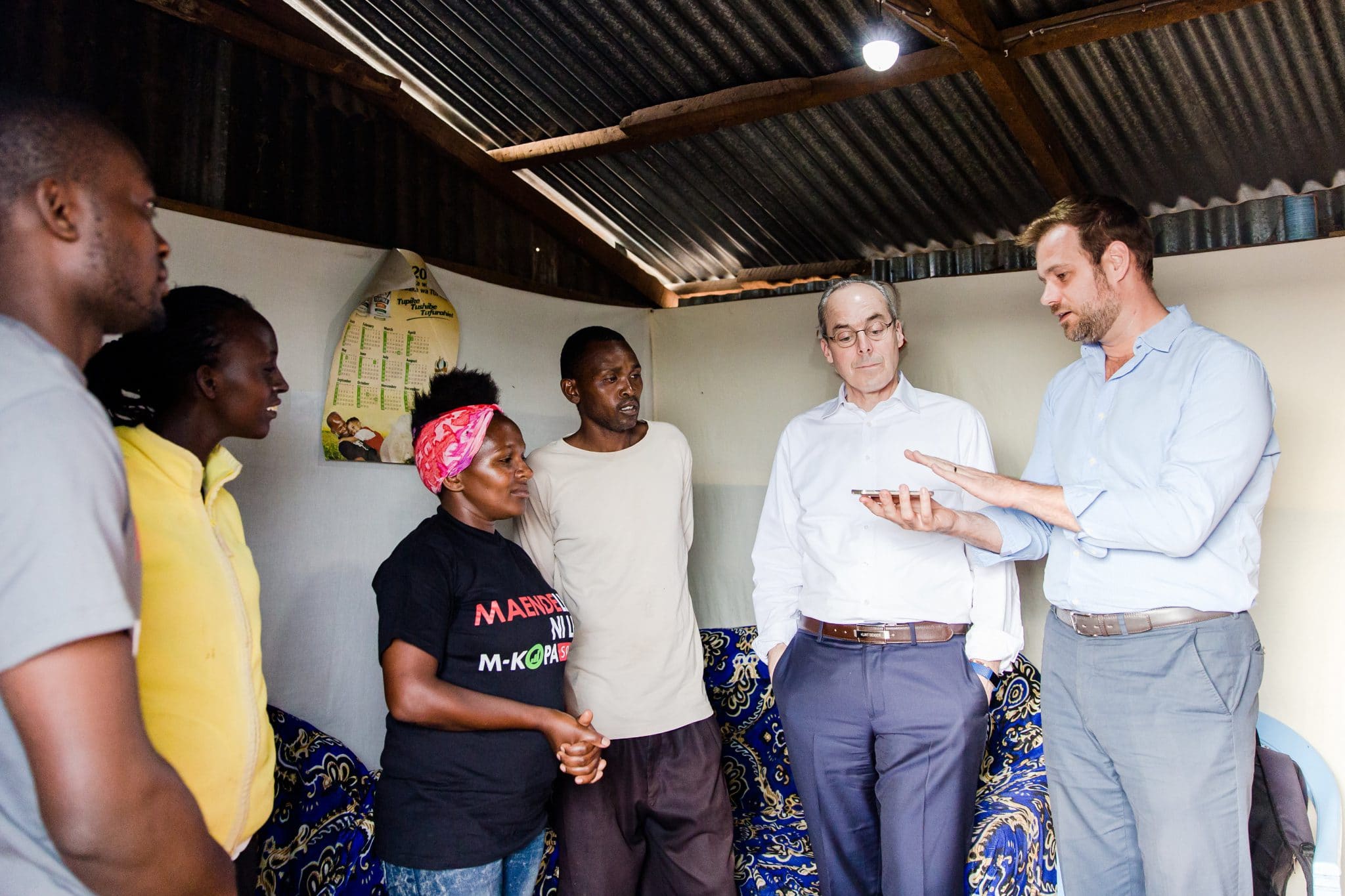
Jesse explaining M-KOPA’s product range to an investor in Kenya
Jesse says he never expected to find himself living in Kenya. When he visited for the first time in his early 20s, he saw Nairobi as dangerous—an unappealing place to live. But now he loves it, and he and his wife and kids couldn’t imagine leaving.
“It’s hugely exciting to do business here,” he says. “Being able to leverage technology and benefit customers that are otherwise neglected . . . I never thought I would live in Kenya, but in a way, it’s not surprising because I wanted to help a low-income market through business.”
Things are looking good now, but they haven’t always been easy. In 2017, M-KOPA had to downsize.
“We had to lay off some staff and lower our costs,” Jesse says. “It was easily the hardest thing I’ve had to do professionally.”
He says he learned from his early-career years working at CARE, an international development and relief organization, that he finds social entrepreneurship a more compelling model of change than nonprofit work.
“If you can create a business model where you’re profitable, then you’re in control of your own destiny and can continue on for a long, long time,” he says. He remains confident that the 2017 decision to downsize was the right thing to do.
“We’re now nearly as big as we were then, enabling us to serve many more customers,” he says.
M-KOPA has 3,000 people on payroll: 850 full-time staff, and about 2,200 part-time or contract-based sales agents.
“We are one of the biggest employers in the country, especially for companies this age,” Jesse says.
Today, his biggest professional challenge is managing expectations.
“We have a wonderful company that I think is one of the very few that help make the world a better place, serving very low-income people in a positive way, creating a lot of employment, helping the environment, and staying profitable,” Jesse says.
“But part of the ongoing challenge is making sure that everyone doesn’t get ahead of themselves. Everyone has got to be patient to allow such an experiment to really get its footing and find balance between community, financial, sustainability—all those different goals. It’s a great model that can be built upon, but we can’t save the world in one breath. We’ve got to be realistic about growth.”
And Kenya may be an exciting market, but it’s not the easiest market to work in.
“All the enabling things you take for granted in the U.S.—tons of great lawyers, IT consultants, auditors . . . there’s a huge ecosystem to help start businesses, and you can really rely on service delivery. We’re working on something in an environment where it’s difficult to find reliable internet providers, attorneys . . . You have to do a lot of it in-house. You spend your time on that basic stuff rather than on growing the business.”
Nonetheless, M-KOPA is growing.
As of January 2018, M-KOPA had connected more than 600,000 homes to affordable solar power, with 500 new homes being added every day. M-KOPA’s market now includes Kenya, Uganda, and Tanzania.
“I think the number-one game-changer for quality of life in developing countries is data,” Jesse says. “People feel violated by some of the things that are going on with big tech—rightfully so. But if you live a life where you’re invisible to the government, to banks, to everyone except your immediate circle of friends and family—data can be hugely empowering.”
And the mobile payments made by M-KOPA customers help generate and track that empowering data.
As Jesse reflects on his life path, he feels it would not have been likely, or even possible, without the Morehead-Cain.
“I definitely credit the scholarship with getting me overseas for the first time,” he says. “I credit the scholarship with giving me the opportunity to go quite far. My horizons changed. In the end, that might have been the best education I got.”
